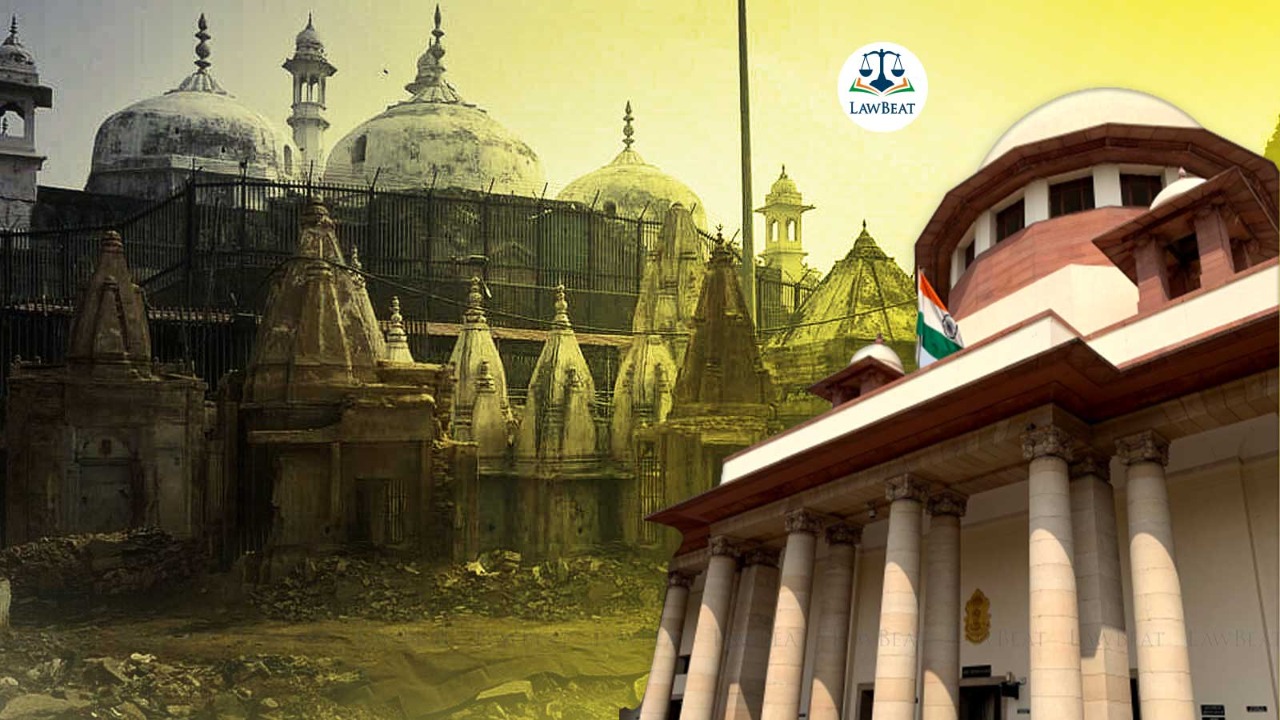Plea before Supreme Court seeks permission to perform rituals at Shivling found in Gyanvapi Survey

Citing that the holy month of Shravan is beginning, the plea seeks that Hindus be allowed to perform rituals at the Shivling found in the Gyanvapi Survey.
A petition has been filed before the Supreme Court seeking a direction to allow Hindu disciples to perform religious rituals at the Shivling found at the disputed Gyanvapi site.
One Rajesh Mani Tripathi, president of the Shri Krishana Janma Bhumi Mukti Sthal has submitted before Court that since the month of Shravana is beginning, Hindus may be allowed to offer puja and exercise their right to “Freedom of conscience and free profession, practice and propagation of religion” as guaranteed under Article 25 of the Constitution of India.
In May, a Varanasi Local Court had directed the District Magistrate, Varanasi to seal the disputed site at Gyanvapi Mosque complex after a Shivling was found at the place during the court-ordered survey.
Civil Judge (Senior Division) Ravi Kumar Diwakar passed the order after an application was moved alleging that during the survey by the court-appointed commission, a shivling had been found, which is a significant evidence.
Filed by Advocate Vipin Kumar Rai, the plea states that though the said Shivling has been protected by the order passed by the local Court but there is no restrictions to bhaktas, devotees of Lord Shiva to offer puja’s and performed rituals at the said place.
Relying on the decision of the Ayodhya case, the plea adds that “Once a deity, is always a deity and a temple, merely on being demolished, shall not lose its character, sanctity or dignity”.
The plea has been drawn by Advocates Amit Kumar Singh and Arina Bhattacharjee and settled by Advocate Abhijit Kumar Chattopadhyay.
Case Title: Rajesh Mani Tripathi vs. State of UP and Ors.
